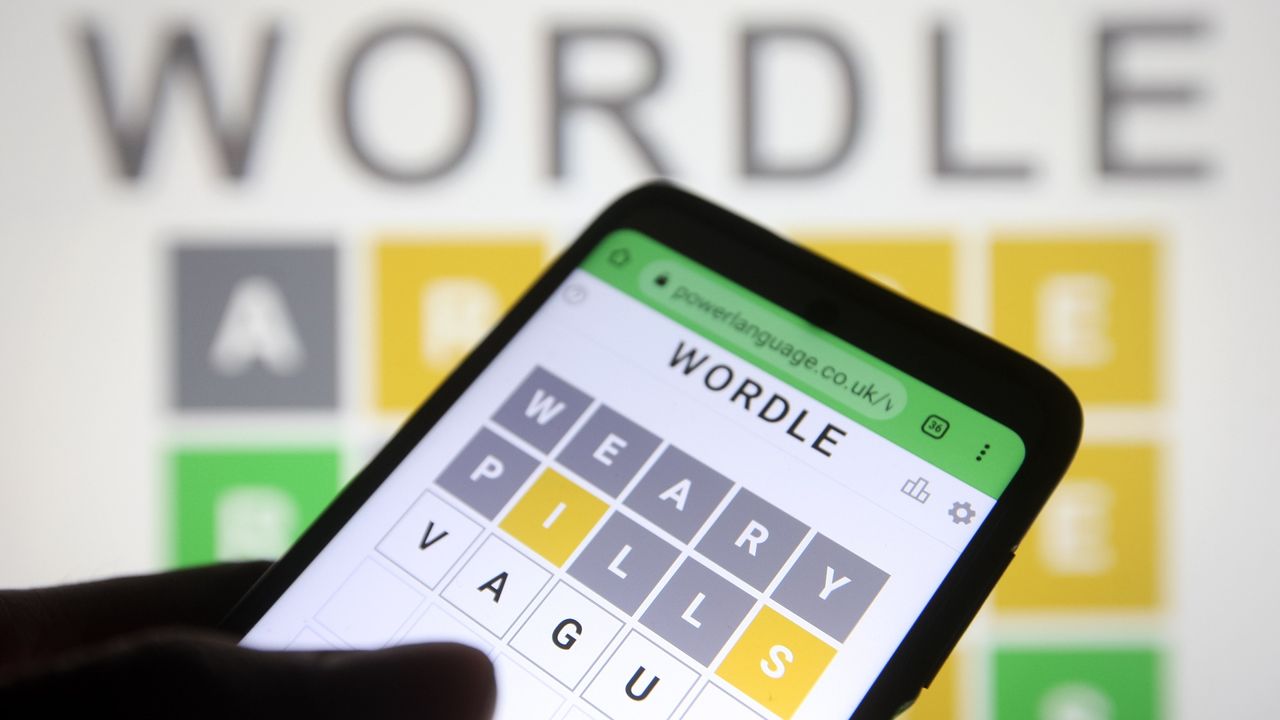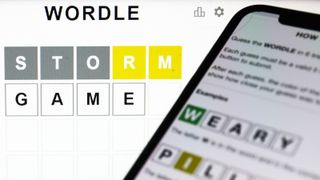Wordle 734 infuriates players with unusual word - 'not a daily used word'
Wordle 734 has confused a number of players with an uncommon word, but what is the meaning and definition of today's tough challenge?

Wordle 702 has stumped a number of players who struggled to work out the tricky challenge set by the New York Times on Friday, June 23, 2023.
Wordle players have been totally stumped by yet another tricky five-letter word as the game makers at the New York Times challenged players to solve yet another unfamiliar word.
And this isn't the first time players have been thrown a curveball - as words such as; kayak, guano, horde, and circa have caused a lot of frustration for fans in the past. However, today's challenge on May 23, has posed a particularly hard challenge for fans, with many complaining that it was not a particularly common word.
Warning! There are spoilers ahead! So if you don't want to know what the answer is, please click away!

The answer to the Wordle challenge on May 23, is 'covet'. The word divided fans and while some figured out this challenge without breaking a sweat, others found this to be a very tricky challenge.
"A little taxing, not a daily used word?" one player questioned, while another commented, "Yikes! That was hard! Almost ended my streak."
A third Wordle fan said, "That was a tough one!" and a further player stated, "Unusual word!"
Sign up for the woman&home newsletter
Sign up to our free daily email for the latest royal and entertainment news, interesting opinion, expert advice on styling and beauty trends, and no-nonsense guides to the health and wellness questions you want answered.
But other players enjoyed the challenge set by the New York Times today, with one saying, "Fast and easy tonight!" and another adding, "Best one for days!"
Covet meaning
Many players struggled with today's challenge because covet is a fairly unusual word, which isn't often used in everyday life. So what does covet mean?
The Cambridge Dictionary defines the word covet as "to want to have something very much, especially something that belongs to someone else."
An example of the word covet used in a sentence would be: "She always coveted power but never quite achieved it." Another example would be: "Its portfolio of big fields in Africa has long been coveted by larger rivals but its share price was seen as prohibitively high."
Synonyms for covet include; desire, crave, want and envy.

If you struggled to solve this Wordle challenge, don't worry, you are not alone! This was a particularly tough challenge that stumped a lot of players. However, if you want to improve at this game, there are a number of Wordle hacks and Wordle tricks, that may help.
If you fancy something a little different instead, there are a number of Wordle alternatives that are just like Wordle, but with a slightly different twist to keep things interesting!
Another Wordle challenge that recently stumped players was Wordle 702, the answer to which was igloo. While this is not a particularly unusual word, fans struggled because there were too many options.
The word igloo is defined by the dictionary as a noun meaning, 'a type of dome-shaped shelter built from blocks of solid snow, traditionally used by Inuits'. To use this word in a sentence you could say, "an igloo village".
Robyn is a celebrity and entertainment journalist and editor with over eight years experience in the industry. As well as contributing regular to woman&home, she also often writes for Woman, Woman's Own, Woman's Weekly and The Sun.
-
 Chocolate brown is everywhere but Ranvir Singh's Reiss sale dress stands out from the crowd
Chocolate brown is everywhere but Ranvir Singh's Reiss sale dress stands out from the crowdRanvir Singh has made us fall in love with deep cocoa brown all over again and her Reiss midi dress is more than 50% off
By Emma Shacklock Published
-
 As a beauty editor who's tried hundreds of makeup brushes, these are the only five you need
As a beauty editor who's tried hundreds of makeup brushes, these are the only five you needDon’t waste money on unnecessary tools; from my decade of experience, these are the ones to own
By Victoria Jowett Published